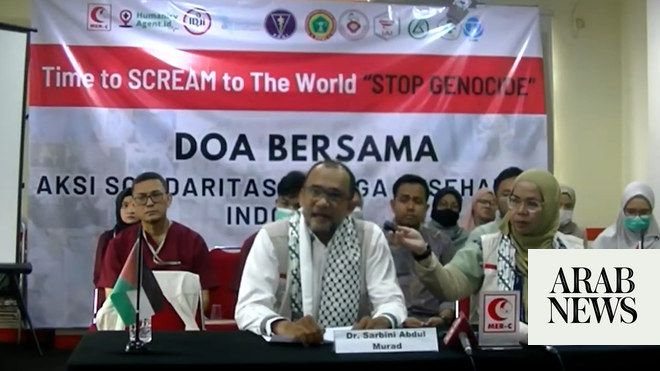
For decades, terms like mental well-being and depression have often been treated as whims of the rich nations, as well as people, while the poor have tended to push such problems aside, treating them more like a question of “weakness” or “will power.”
This has been true of the poor in richer nations as well as in poor nations, where the governments and health providers have tended to focus on more visible and traditional issues like physical ailments or accidents, rather than on mental wellness. This has largely been a question of priorities, as poor families in rich nations and the governments of poor countries have limited funds for medical treatment and access to healthcare remains a big challenge for them.
Despite increasing awareness of the importance of mental well-being and the seriousness of depression or anxiety, most poor people have no option but to ignore their symptoms, however acute they may be.
By turning a blind eye, however, the poor and the governments are paying a very high price. Many studies indicate a cyclical link between mental health and poverty. For instance, a study in New Delhi about a decade ago stated that the intensity of multidimensional poverty increases for those with severe mental illnesses. This is because, once a person is diagnosed with a mental illness, more often than not their performance at work declines, as does their social status. In the absence of any treatment, many patients lose their jobs and this pushes them deeper into poverty, taking away any hopes of combating poverty and mental illness at the same time.
The study went on to say that women and underprivileged castes like the untouchables were more likely to face multidimensional poverty, as both groups are looked down on generally by society and hence are the least likely to receive any treatment.
To prove that poverty and mental illness are closely interconnected, a study by the World Economic Forum reveals that depression and anxiety are up to three times more likely to affect people with low income.
The pandemic has had catastrophic impacts on mental wellness around the world, and even rich nations have not escaped.
Ranvir S. Nayar
The outbreak of the coronavirus pandemic has led to a sharp rise in poverty in many parts of the world, particularly in poorer countries, as nearly half a billion jobs have been lost in the past two years. Developing countries have not only had to deal with sharply rising poverty, but also poor healthcare infrastructure that has simply crumbled in the face of the pandemic, with even critical care lacking in most countries.
The pandemic has had widespread mental health impacts, ranging from increased anxiety and fear about the virus to the loss of social connections due to isolation and lockdowns, as well as the economic collapse across the world, besides unprecedented stress on healthcare workers. These have had catastrophic impacts on mental wellness around the world, and even rich nations have not escaped. One study showed that, while 11 percent of adult Americans reported symptoms of anxiety or depression in January to June 2019, by December 2020 this number had increased almost four fourfold to 42 percent.
The World Health Organization (WHO) says that the pandemic has disrupted mental health services in 93 percent of 130 countries surveyed, with 60 percent reporting disruptions for vulnerable people, including children and adolescents, older adults, and women requiring antenatal or postnatal services.
However, despite this sharp spike in the prevalence of cases, government funding for mental health treatment remains way below what is needed. The WHO says that, in most countries, mental illnesses get less than 2 percent of what are already severely under-funded national health budgets. In poor countries, the figure is less than 1 percent, even though for every dollar invested in improving mental healthcare there is a return of $5 in improved health and productivity. The WHO has also forecast that the losses in economic output due to mental disorders around the world over the next 20 years could be $16 trillion.
Pandemic-induced poverty rates have spiked in the poorest regions of the world, notably sub-Saharan Africa and South Asia. Estimates predict that, by the end of the pandemic, extreme poverty will have risen by nearly 40 percent in these areas. The two vulnerable groups of the population that have lost the lion’s share in the pandemic are women and informal sector workers who lack access to any kind of social security or health insurance.
And as the economies of most low-income countries have collapsed due to the pandemic, the real expenditure on healthcare, including mental health, is almost certain to fall, perhaps dramatically. Such a scenario is once again likely to hurt the most vulnerable groups the hardest, just at the time they need attention the most.
It is up to the international community, especially rich nations and international bodies like the UN, to act rapidly and provide much-needed assistance to the most susceptible countries in order to prevent what could otherwise become the world’s biggest humanitarian crisis, with incalculable suffering and losses.
Ranvir S. Nayar is managing editor of Media India Group, a global platform based in Europe and India, which encompasses publishing, communication, and consultation services.
Disclaimer: Views expressed by writers in this section are their own and do not necessarily reflect Arab News" point-of-view












